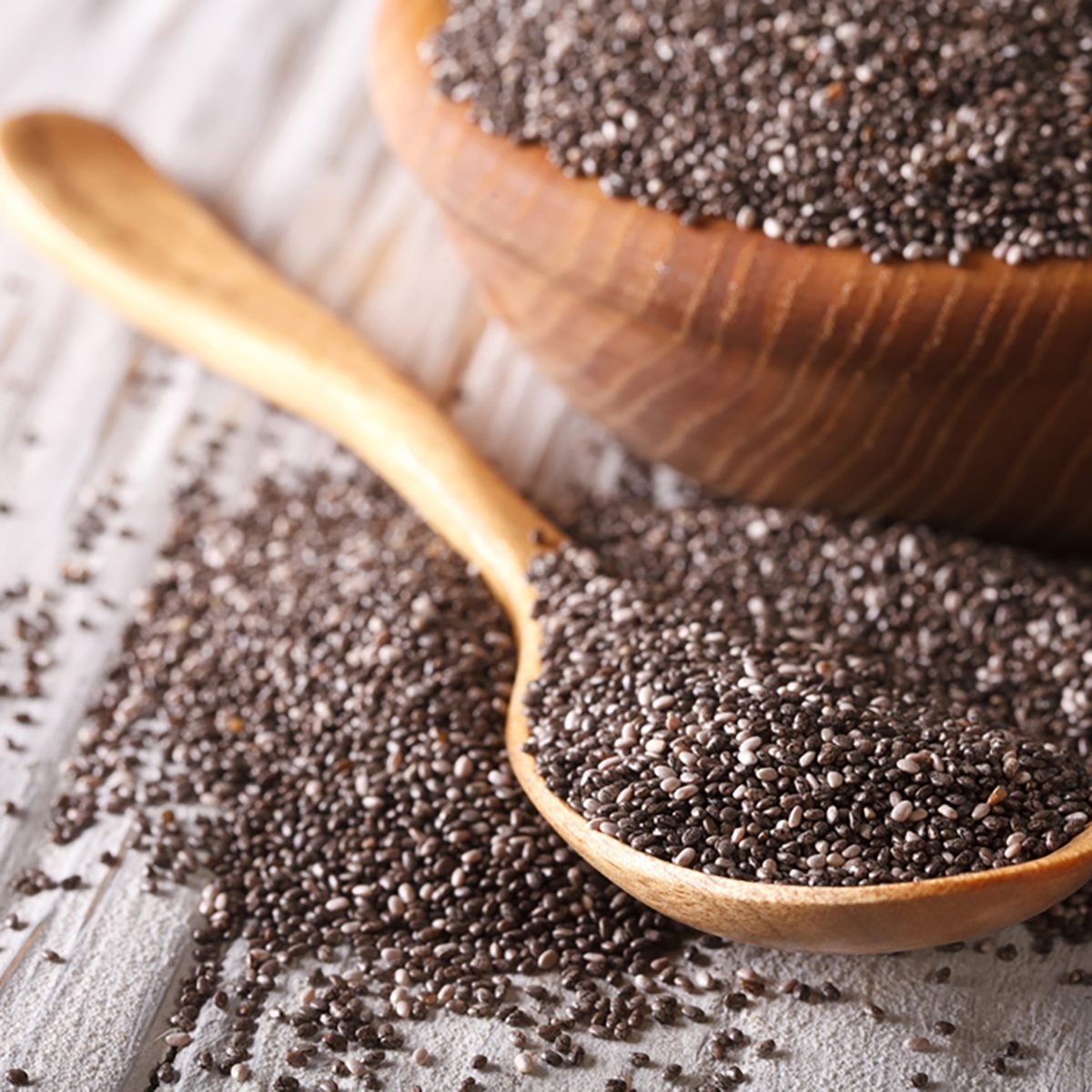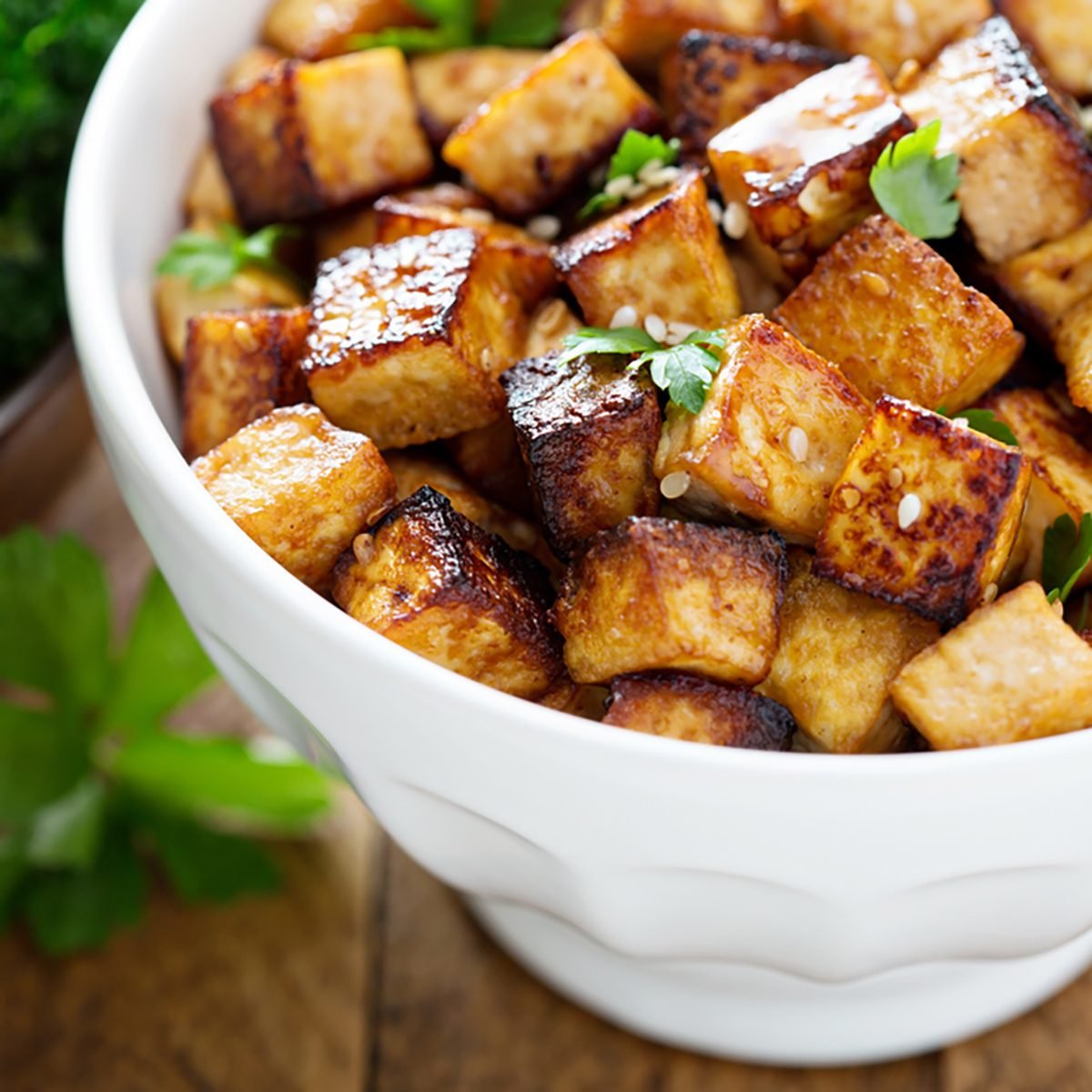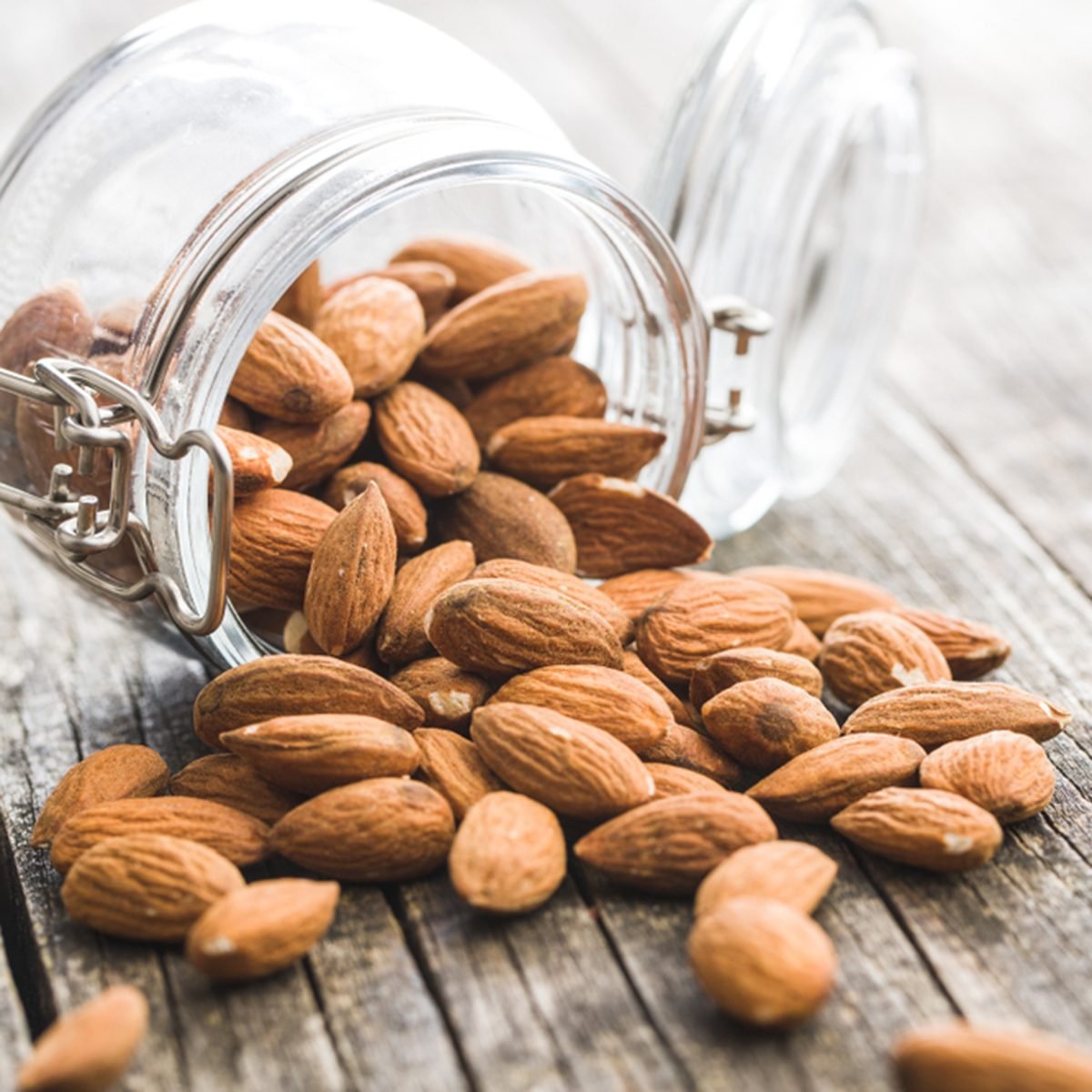
Vitamin B12
Studies have shown that vegetarians and vegans can run the risk of deficiencies in certain nutrients, notably not getting enough vitamin B12. “Vitamin B12 is important in maintaining brain function and blood flow, and is mainly found in animal products,” explains Amanda Hostler, a dietetic intern at The University of Texas Health Science Center at Houston (UTHealth) School of Public Health. Symptoms of deficiency include fatigue, disorientation, memory loss and rapid heartbeat.
To make sure you’re getting enough B12, try having nutritional yeast, soy milk, fortified ready-to-eat cereals and (if you eat some animal products), dairy, eggs, fish and shellfish. While whole foods are the best source, supplements can assure the adequate intake of 2.4 micrograms a day, especially if you’re vegan.

Zinc
This mineral plays a role in regulating the body’s immune system. But it can be hard to get it naturally if you’re a vegetarian. “Since zinc is found in limited amounts in plant-based foods, a deficiency can occur,” says Erin Palinski-Wade, RD, CDE, LDN, CPT. “A zinc deficiency may lead to an impaired immune system, slow wound healing, hair loss, diarrhea and loss of appetite.” Try food sources such as whole-grain breads, leafy greens and root vegetables, dried beans, peas and nuts, although you may still need a supplement or multivitamin to get your daily dose of 8 mg (for women) or 11 mg (for men). But be careful—you don’t want to overdo it on zinc because too much can lead to nausea and vomiting, so ask your doctor before starting. Here’s what happened when one of our writers tried going vegan for a week.

Iron
According to the Academy of Nutrition and Dietetics, iron is the most common nutritional deficiency and the leading cause of anemia in the United States. The body absorbs two to three times more iron from animal sources than plant sources, so vegetarians can have a hard time getting the iron they need. “Iron has a very important role in transporting oxygen throughout our blood to maintain our energy levels,” Hostler explains. Symptoms of an iron deficiency include fatigue, dizziness, headache, pale skin, weakness and sometimes strange cravings. Vitamin C paired with iron sources can help increase absorption, so Hostler recommends meal options like bell pepper and bean salad, spinach salad with a lemon vinaigrette or fortified cereal with berries. Take a look at these 10 foods that are high in iron.

Omega-3 fatty acids
If you’re a pescatarian, you should be good on omega-3s. But vegans need to take extra care to get enough. “Although diets without seafood may be lacking in omega-3 fatty acids, adding omega-3s such as chia seeds and walnuts can be a good way to boost intake,” Palinski-Wade says. Flaxseed and soybeans are other good options. Among the many benefits of omega-3s are their important role in brain and eye function, anti-inflammatory properties and ability to help lower cholesterol. To make sure you’re getting enough, consider a supplemental omega-3, Palinski-Wade says. “Look for high-quality sources that, if coming from seafood, have had purities such as mercury and PCBs removed,” she adds. These are some of our favorite omega-3 foods and how to cook them.

Vitamin D
Many Americans, especially in northern climates, are vitamin D deficient in the winter. The best source of vitamin D is the sun, and Hostler says as little as 10 to 15 minutes of sun exposure a day is enough to avoid a vitamin deficiency. “Vitamin D contributes to good bone health and boosts the body’s immune system, which is why it’s important to have adequate intake of it,” she says. Without it, you could have weakened bones as well as an increased risk for depression and diabetes. The problem with relying on food for vitamin D is that “dietary vitamin D is provided in only a few food sources, of mainly animal origin,” Hostler says. So it’s one of the vitamins for vegetarians that’s even harder to get enough of. Try eggs, cheese, salmon, tuna and cow’s milk; if you’re vegan, try fortified orange juice, soy milk, cerealand shiitake mushrooms. These vitamin d-rich recipes will help you out on cloudy days.

Calcium
We usually think of dairy as the number one source for calcium—and although in reality there are others, Palinski-Wade says, “plant-based sources of calcium are not absorbed as well in the body, which can lead to a deficiency.” Over time, low calcium can up your risk for weak bones and osteoporosis. In addition to dairy, Hostler says natural sources include collard greens, turnip greens, kale, broccoli and bok choy, as well as soybeans, chickpeas, black beans and almonds. You may try fortified plant-based milks, cereals or juices too. These 11 foods actually have more calcium than a glass of milk.

Protein
We associate protein with meat, so it may seem that deficiencies among vegetarians are common—but in fact, enough protein can easily be obtained in a veggie diet. “Since plant-based protein sources are so abundant, a protein deficiency in those following a vegetarian or vegan lifestyle is rare,” Hostler says. “Plant-based protein sources typically contains more dietary fiber and less saturated fat compared to animal-based protein sources. It’s important to be aware, however, that vegetarians and vegans need to consume more protein than their meat-eating counterparts because plant-based protein has a lower digestibility than animal protein.” Meals like bean burritos, tofu, vegetable stir-fry, and lentil chili are protein-packed options. Legumes, whole grains, soy, nuts and seeds, as well as dairy and eggs, are good choices. These 9 meat-free foods will help you get enough protein on a vegetarian diet.

Riboflavin
This B vitamin helps convert food into energy, so Palinski-Wade says a deficiency could lead to poor energy, slowed growth and digestive problems. Some research shows it may be even be connected to an increased risk of cancer. “Since this nutrient is found mostly in animal proteins, it’s possible to fail to consume enough each day,” especially for vegans, Palinski-Wade says. If you don’t eat dairy products, try plant-based sources such as almonds, spinach, and mushrooms. In addition, “a daily B complex vitamin can help to fill in the gaps,” she says. But, talk to your doctor to make sure you need it. These are 45 healthy vegetarian recipes you’ll want to try ASAP.
The post 8 Nutrients You May Be Missing If You’re Vegetarian or Vegan appeared first on Taste of Home.
Tina Donvito